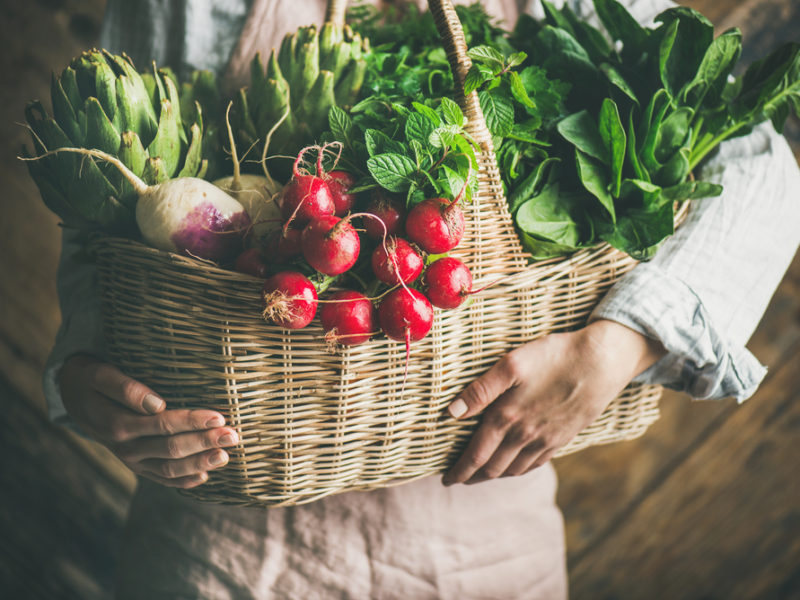We need the best quality foods for the health benefits. Learn how to buy healthy food on a budget with our simple tips!
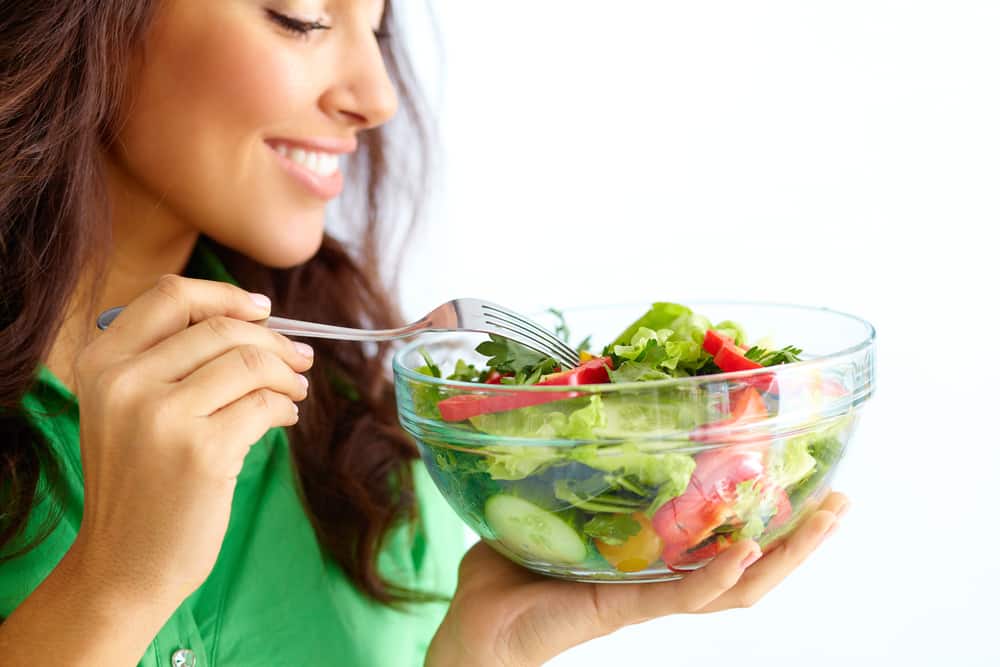
This post may contain affiliate links, which means I can receive a commission from any purchase made from the links. As an Amazon Associate, I earn from qualifying purchases. See the disclosure policy here.
What do you do when you’re on a tight budget but still want to buy healthy food? This guide will show you the best ways to get nutrient-dense foods full of vitamins and minerals for all the health benefits you need without breaking the bank. From what to buy at the grocery store to how to shop, we’ve got you covered!
This post provides tips on how to buy healthy foods on a budget and achieve your best health.

Budget-Friendly Nutrition: How to Buy Healthy Food Economically
How can you afford to buy nutrient-dense, healthy food on a budget? Here are some easy tips and strategies to help you get vitamins and minerals to stay healthy and save money!

Cheap Food Now, Expensive Medical Bills Later
Did you know Americans spend much less on food than countries with similar economies? We also have a higher cost of healthcare, mostly due to chronic health conditions like obesity, diabetes, and heart disease.
Also, Americans have a shorter life expectancy, and the expected increase in life expectancy is much less than that of citizens in other “wealthy” countries.
Americans buy cheaper foods because saving money is important! However, those cheap, fast, processed foods are killing us. We see fast, cheap, and fun marketing propaganda everywhere. It is difficult to avoid when we are programmed to buy these products.
We are getting fatter, sicker, and more susceptible to diseases that ruin the quality of our lives. Processed foods cause inflammation, the common denominator in all diseases that lead to death.
The cost of saving money on food by going through a drive-thru and filling the grocery cart with boxed macaroni and cheese is greater than expected.
When we buy cheap foods, we risk our health and well-being. We put our children at risk of obesity, cancer, and other chronic illnesses. Not to mention that our healthcare costs rise, and our genes change. What problems will these choices bring to our future generations?
We HAVE to prioritize nutritious foods when we go grocery shopping. Healthy food can be budget-friendly. There are more options than frozen fruits and vegetables or beans and brown rice. Keep reading for inspiration for your shopping list!

How to Eat Healthy Foods While Dining Out
If you tend to order out a lot, get into a new habit of making food at home. By limiting yourself to indulging in restaurants, you will know exactly what is in your food and how it was made. Make it a priority to shop for the best healthy foods at the grocery store or market so you don’t rely on dining out.
When a special occasion arises, you can enjoy dining in better restaurants with higher quality foods. Look for restaurants working to make a difference by supporting local farms.
American restaurants offer a wide variety of foods, but if you have strict dietary requirements, you know how difficult it is to find a clean meal.

How to Buy Healthy Foods on a Budget at the Grocery Store
How can you focus your grocery budget on healthy, whole, and natural foods? When you cut out all the junk, you can afford to spend more on better-quality foods! Of course, this habit is the most important one to break.
You don’t have to drive to Whole Foods for quality, nutrient-dense groceries. While eating out isn’t great for your wallet or waistline, that doesn’t mean you can’t find healthy foods at low prices if you know where to look.
You can find healthy things to buy at the larger grocery stores, such as lean protein like turkey breast, salmon, and ground beef on sale, in addition to vegetables and whole grains.
Make time to visit local farmers’ markets—fresh produce is almost always cheaper than packaged goods and tends to be more nutritious.

Tips for Buying Healthy Food on a Budget
- First, shop the local farm stand before your grocery store.
- Set a time weekly to review sales flyers
- Make a list based on what’s on sale (Produce, meats, beans, and grains)
- Prepare a meal plan with your list, and have a good idea of what you will make before your trip to the grocery store.
- Shop based on price per ounce, which is sometimes listed on the price tags in store. Buying larger amounts will save you money over time.
Avoiding processed foods is the most important rule for eating healthy while saving money. Consumers pay more for the pretty packaging than the actual product inside.
Processed foods are the root of many health issues, and choosing to consume these foods no longer could change your life. Besides, the price we pay for such foods adds way up to the cost of future healthcare.
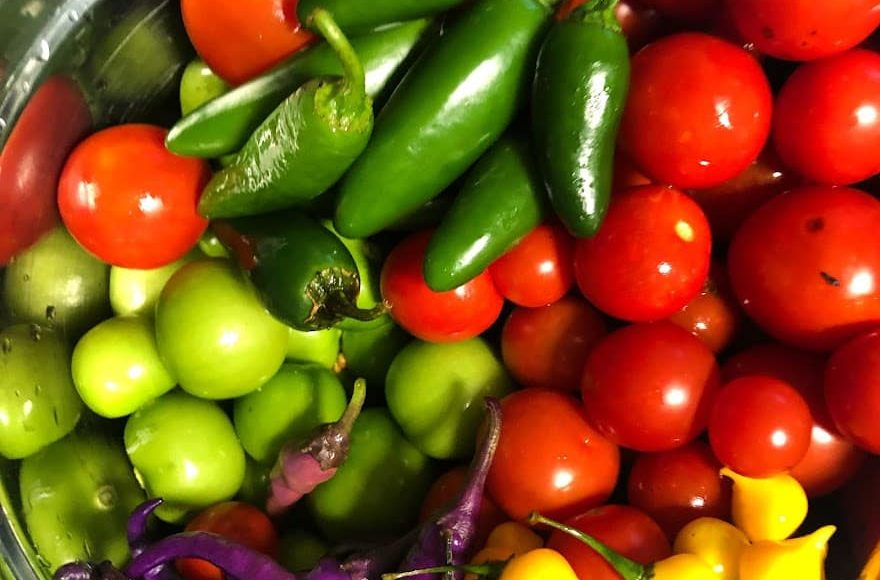
Focus on Healthy and Nutrient-Dense Foods
Nutrient-dense foods help you get more nutrients in fewer calories and give your cells everything they need to keep your body running at its best. Foods like broccoli, mushrooms, and greens are inexpensive and super-nourishing.
Different colors of produce provide different nutrition with vitamins, minerals, and antioxidants from phytochemicals. So, it is important to eat a variety. Try to eat a rainbow of fruits and vegetables every day.
Buy frozen berries when they are not in season, or freeze them yourself when they are in season. This keeps the nutrition at its peak and the prices low.
Healthy Groceries to Buy Each Week (When in Season)
- Wild-caught sockeye salmon
- Pasture-raised poultry and eggs
- Sweet potatoes, pumpkin, persimmons, carrots, and oranges
- Red onion, mushrooms, garlic and chives
- Fresh herbs, greens, and lettuce for salads.
- Yellow peppers, summer squash, cantaloupe, lemons and pineapple
- Tomatoes, beets, pomegranate, cherries, strawberries, raspberries, radishes, and peppers
- Blueberries, purple potatoes, blackberries, grapes, radicchio, purple cabbage, and eggplant
- Broccoli, cauliflower, kale, cabbage, Bok Choi
- Avocados, nuts, and seeds
- Black rice, tri-colored quinoa, black beans, chickpeas, and lentils
Plenty of nutrient-dense foods like beans, eggs, and whole grains won’t break your budget.
While they might not be considered healthy by certain definitions, options like these will keep you satisfied while allowing you to meet your nutritional needs.
Try adding nutrient-dense foods to each meal—such as black beans in chili or spinach in omelets—to keep hunger pangs at bay while improving your health at the same time.
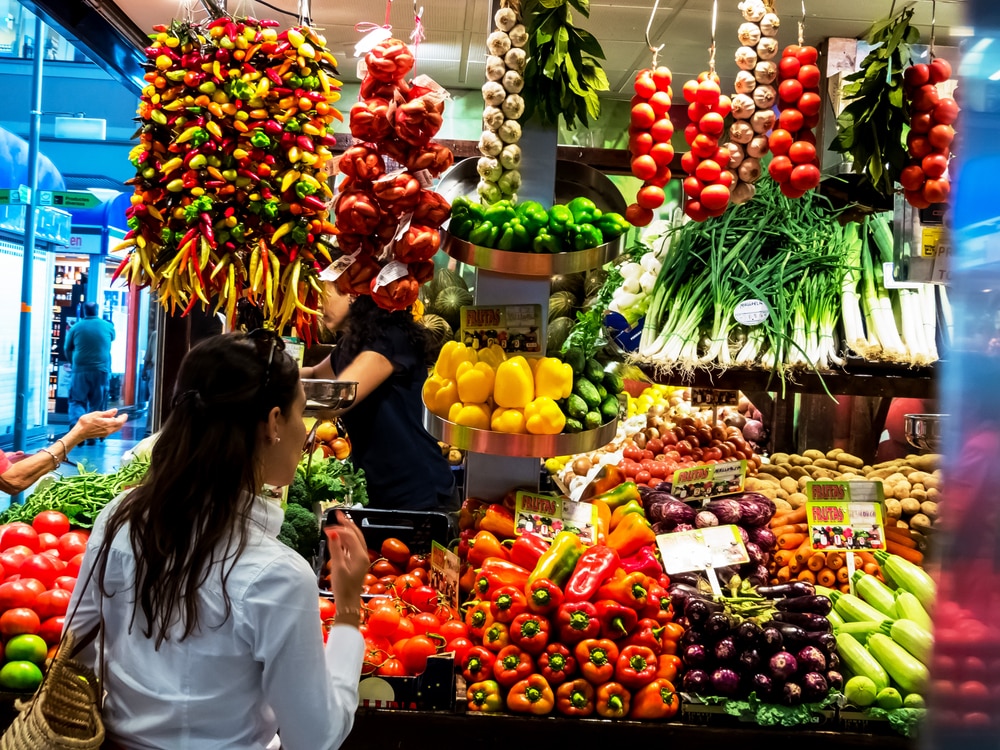
Buy Healthy Foods in Season
Buying seasonal produce is one of the most effective ways to reduce your grocery bill. For example, during peak summer and fall seasons, asparagus costs about $4 per pound; by winter, it’s more than twice that at $9 per pound.
If you can shop in-season and find sales, you can stock up when food is cheapest and preserve it. You’ll be shocked by how much money you’ll save if you make seasonal produce your first choice rather than settling for inferior frozen or canned options in colder months.
In-season produce is at its peak of freshness, meaning it tastes better, has more nutrients, and has fewer pesticides. Plus, you’ll usually find in-season produce at rock-bottom prices.
When buying healthy food on a budget, focus on buying organic and in-season foods as much as possible. You’ll be able to stretch your dollar even further while ensuring that you’re filling your body with as many nutrients as possible.
Fruits and Vegetables Cost Less In Season
| Spring | Summer | Fall | Winter |
|---|---|---|---|
| Strawberries | Blueberries | Apples | Oranges |
| Apricots | Watermelon | Pears | Grapefruit |
| Cherries | Tomatoes | Grapes | Clementines |
| Pineapple | Strawberries | Cranberries | Tangerines |
| Mangoes | Raspberries | Persimmons | Pomegranates |
| Rhubarb | Blackberries | Figs | Kiwi |
| Oranges | Peaches | Pomegranates | Persimmons |
| Grapefruit | Plums | Quinces | Cranberries |
| Peaches | Apricots | Dates | Apples |
| Plums | Cherries | Kiwi | Pears |
| Nectarines | Mangoes | Pumpkins | Clementines |
| Asparagus | Pineapple | Butternut Squash | Blood Oranges |
| Spinach | Zucchini | Pumpkins | Brussels Sprouts |
| Artichokes | Corn | Sweet Potatoes | Kale |
| Peas | Cucumbers | Brussels Sprouts | Carrots |
| Radishes | Bell Peppers | Kale | Beets |
| Lettuce | Tomatoes | Acorn Squash | Winter Squash |
| Arugula | Eggplant | Butternut Squash | Sweet Potatoes |
| Broccoli | Green Beans | Pumpkins | Parsnips |
| Carrots | Summer Squash | Sweet Potatoes | Turnips |
| Beets | Carrots | Brussels Sprouts | Radishes |
| Spring Onions | Spinach | Kale | Lettuce |
More Great Ways to Eat in Season
- Shop your neighbor’s garden, farmer’s market, and your backyard.
- Plant berries, fruit, and nut trees if you have the space. Once established, they will provide food for many years to eat, freeze, and dehydrate.
- Learn Permaculture Gardening! Grow fruit trees, vines, bushes, nut trees, and other worry-free producers.
- Grow lettuce for salads, herbs to cut fresh and dehydrate for convenience and storage, and all kinds of greens year-round. These are the easiest to grow with very little work. Fresh salads, soups, smoothies, and stir-fries forever and for free.
- Get chickens for fresh eggs in season. Quail eggs are also a tastier option and have been recommended as a great choice for autoimmune sufferers. However, if you have an autoimmune condition or a sensitivity to eggs, you might skip the eggs altogether.

Buy Healthy Foods for Meal Prep
One of my favorite ways to buy healthy food on a budget is by planning my weekly meals and shopping once a week.
I’ve saved hundreds of dollars over a short time by eliminating multiple trips to different grocery stores and learning how to prepare ahead. You might be surprised at how much money you save by spending fewer hours eating out.
Compare Prices on Healthy Foods From Supermarkets
Grab your phone and compare prices at different stores when you need to stock up. Download an app like Basket to help you find deals and save money.
And check weekly sales fliers before going shopping. This one habit can save you hundreds of dollars annually, particularly if you live in an area with no more than two grocery stores.
If your area has multiple grocery chains, ask which store offers better prices on certain products—it might not be as obvious as it seems!
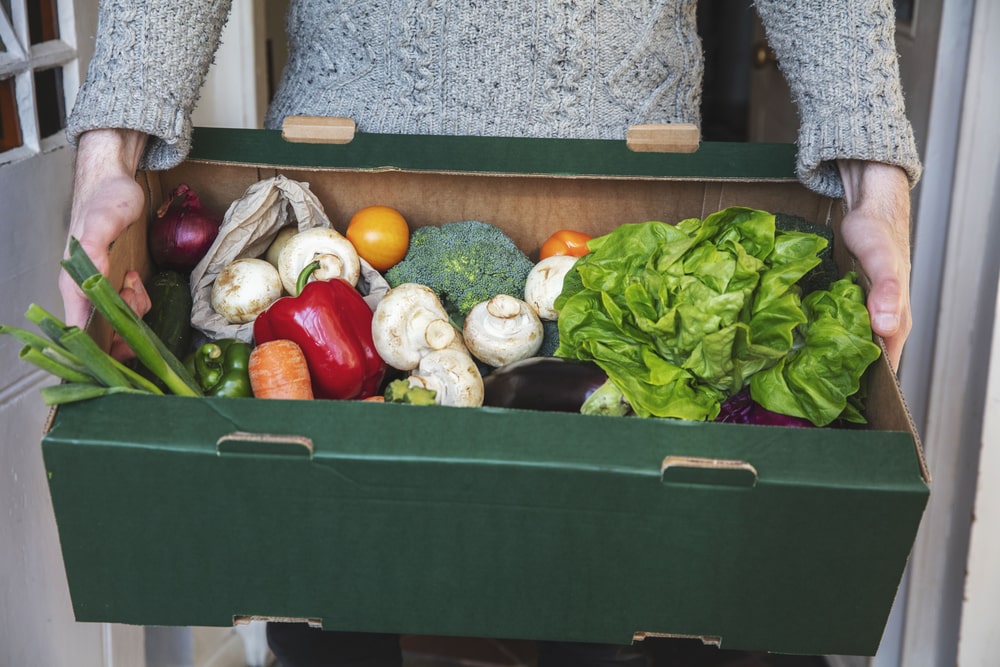
Join a CSA for Access to the Freshest Foods
Instead of buying food at your local grocery store, consider joining a Community Supported Agriculture (CSA) group. You’ll support local farmers and pay for vegetables upfront (this is key for sticking to your budget) but will receive a share of whatever’s being harvested that week or month.
Depending on where you live, your choice could be anything from fresh eggs and produce to nuts, herbs, and even honey—in other words, you could eat well without ever having to leave home.
Find one in your area by searching Google or Facebook groups with your city’s name, then search CSA (or community-supported agriculture) afterward.

Buy Whole Healthy Foods in Bulk to Save Money
Shop online bulk stores and small organic farms like Sun Organic Farms for bulk items in greater quantities that last up to six months for maximum savings. Be sure to price shop for the lowest prices. Remember, choosing organic products supports healthier farming practices, which leads to healthier soils!
2 Key Tips to get the most food for your money
- Calculate the per-ounce price.
- Order the largest quantity that you know you can use up within six months for freshness
Nutrient-Dense Staples to Buy in Bulk
- Forbidden Black Rice
- Tri-color Quinoa
- Black Turtle Beans
- Red Adzuki Beans
- Navy Beans
- Garbanzo Beans
- French Lentils
- Green Lentils
- Red Lentils
- Multi-colored Popcorn
- Raw nuts: Walnut, Brazil, Pecan, Cashew, Almond, Hazelnut, Chestnut
- Raw seeds: Sunflower, Chia, Hemp, Pumpkin, Flax
- Herbs and Spices: Onion, Garlic, Chili, Cumin, Curry, Cinnamon, Turmeric
- Cold-Pressed Organic Oils: Olive Oil, Coconut oil, Avocado oil
- Himalayan Salt
- Minimally Processed Flours: Cassava, Organic Corn Masa
- Maple Syrup
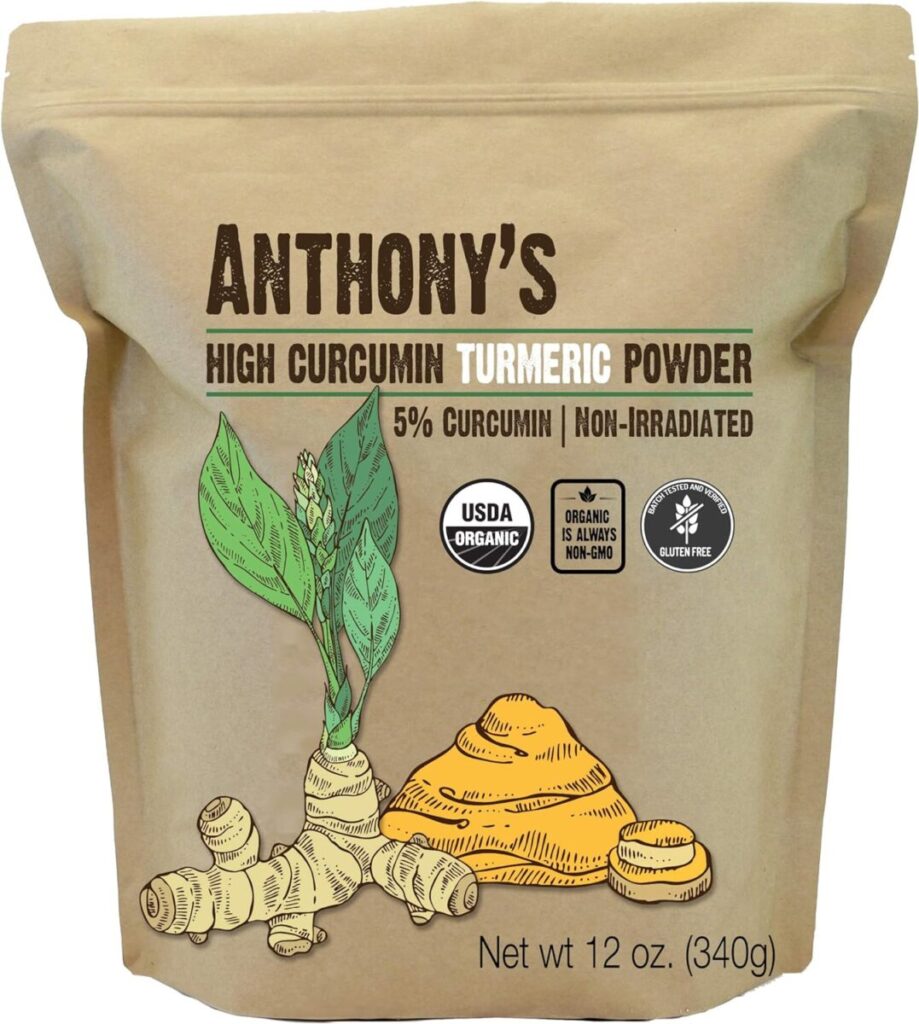

Buy Less Meat from the Grocery Store
Most people overconsume meat. You don’t need to be vegan or vegetarian. Simply reducing the amount of meat you eat can positively impact your health and the environment. Eating less meat means you can afford better meat.
Buying meat in bulk will help you save money, but it can also get you to try new things. The healthiest way to get your meat is to buy it from a farm that raises animals on pasture. Try to find a farm close by when you can.
Look for grass-fed meat—it’s leaner and better for your health than feedlot meat. Also, look for pastured poultry—it contains more omega-3 fatty acids, which are known to reduce inflammation. Free-range chickens also have higher levels of vitamins E and B6.
Buy meat in bulk from your local butcher or farmer’s market, like ours, Fuster Cluck Farms.
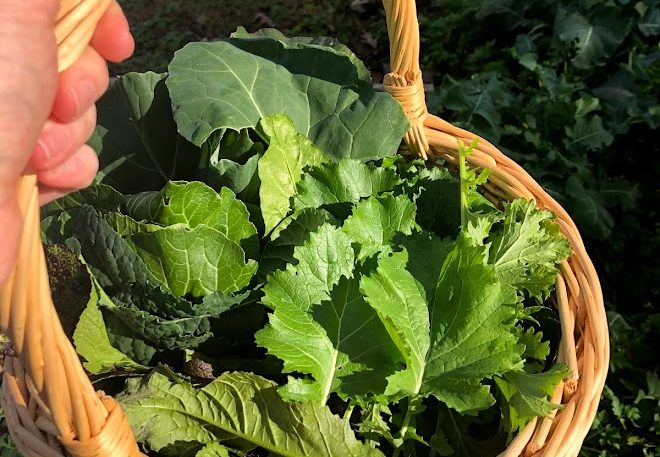
Grow Some of Your Food to Save Money and Eat Better!
Please invest a few dollars from your food budget in quality heirloom seeds for your new backyard market!
Getting started with gardening is so exciting and not at all difficult to do. There is no such thing as a green thumb. Anyone can do it.
At the very least, grow your herbs, greens, and salad mix. There is nothing like a fresh handful of lettuce in your salad. Not to mention, it tastes so much better when you grow it yourself! Learn more about gardening; before you know it, you will be a master!
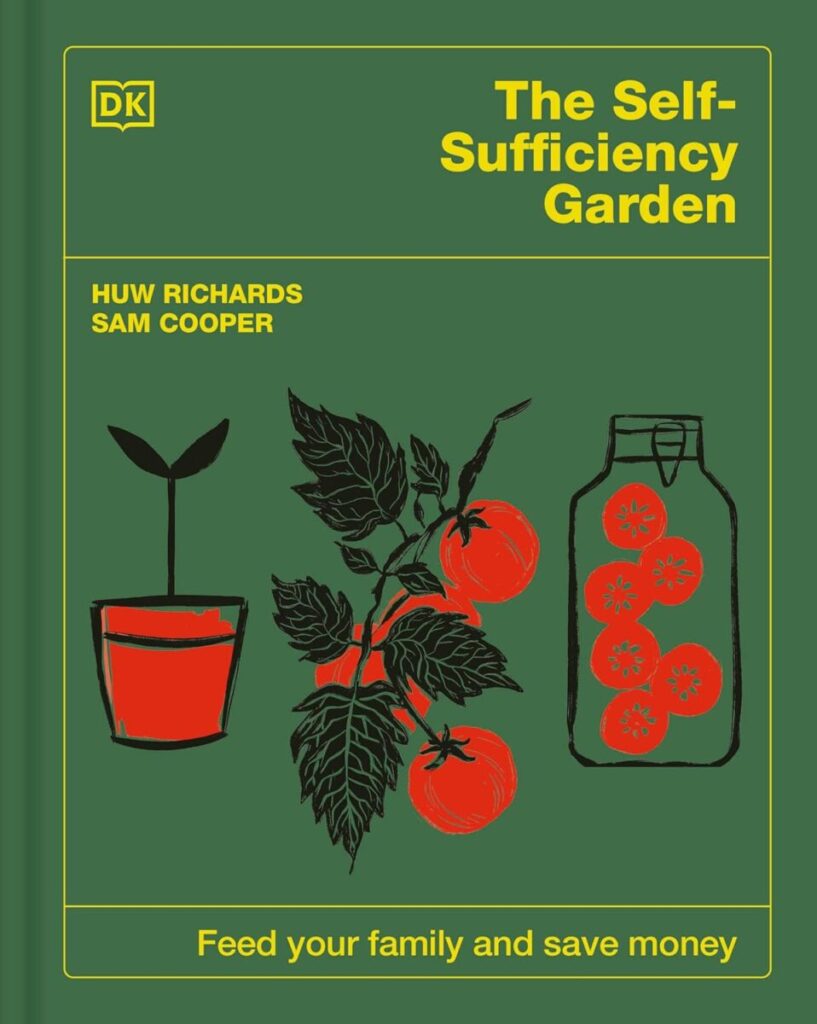
In conclusion, navigating a tight budget doesn’t mean compromising the quality of the food you consume. This guide has provided insights into making informed choices that prioritize health without straining your wallet. Understanding nutrient-dense foods in season and incorporating smart shopping strategies allows you to embark on a healthier lifestyle without breaking the bank.
Remember, the key lies in what you buy at the grocery store and how you shop. With these tips, you’re equipped to make savvy decisions that contribute not only to your well-being but also to the well-being of your budget. So, go ahead, shop smart, eat well, and savor the richness of a healthy life without financial stress. Your journey to nourishment begins here!
This post was about tips on how to buy healthy foods for maximum health benefits.

